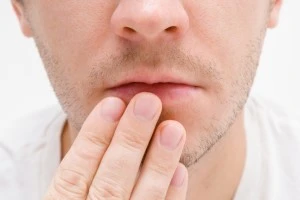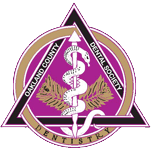Think of it as the key to keeping everything flowing in your mouth and digestive system. Saliva may be something we have always taken for granted, but a decrease in its production can have significant consequences.
At the office of Royal Chiropractic and Dental Centers, our holistic approach takes into consideration every aspect of your health. Our attentive, highly skilled staff delivers state-of-the-art care in a setting that provides our patients with maximum comfort.
Dry mouth, a lack of saliva also known as “xerostomia,” can make everyday oral functions like chewing, tasting, swallowing, and even speaking more difficult and cause germs to collect in your mouth — leading to bad breath, tooth decay, gum disease, and creating fertile conditions for numerous oral infections. It can result in a sticky or burning feeling in the mouth, sore throat, hoarseness or a roughness on the tongue.
Did you know that there are hundreds of salivary glands in your mouth working to produce about two to four pints of this precious liquid every day? And it’s not just water; your saliva also contains electrolytes, enzymes, and proteins, all mixing together to cleanse and protect your teeth and the surrounding soft tissue. What causes the drop in the amount of saliva we produce? There are a host of reasons, including our age (this condition is often seen in the elderly), side effects of medications we have taken, our use of tobacco, dehydration, disease, an injury or surgery, and treatments for cancer.
Don’t let xerostomia cause you to lose the enjoyment you get from eating, or leave you at risk for developing myriad dental or digestive problems. Our staff at Royal Chiropractic and Dental Centers know the best approach is to be proactive about dry mouth. We’ll identify its underlying cause and provide the most up-to-date treatments to keep your good oral health flowing.







